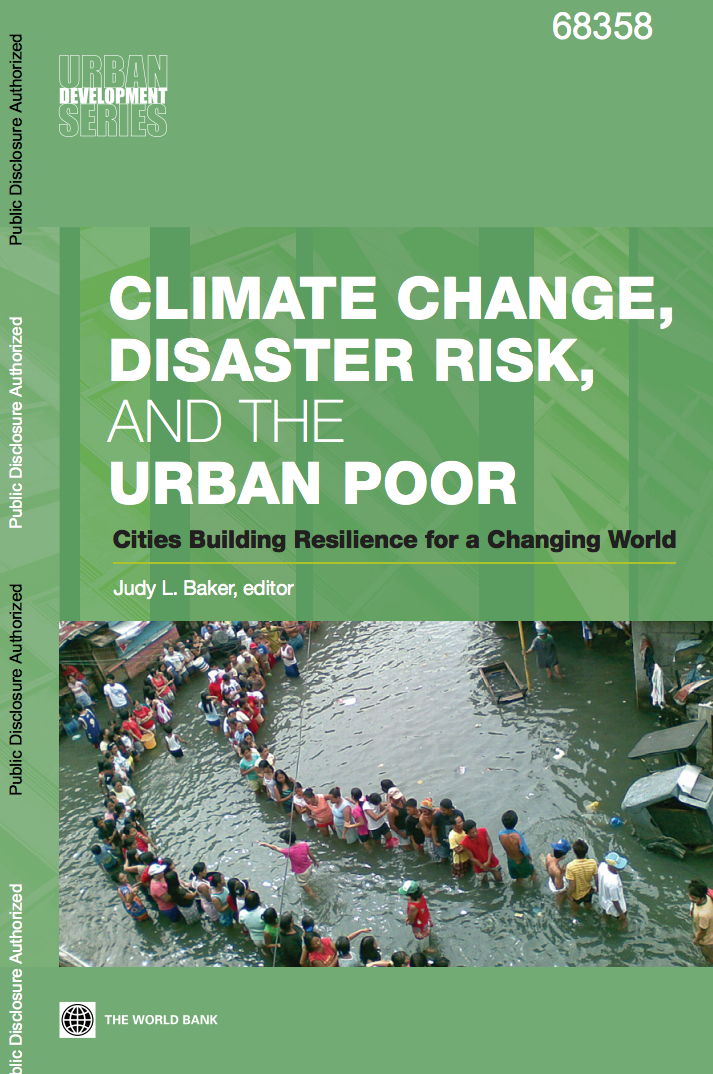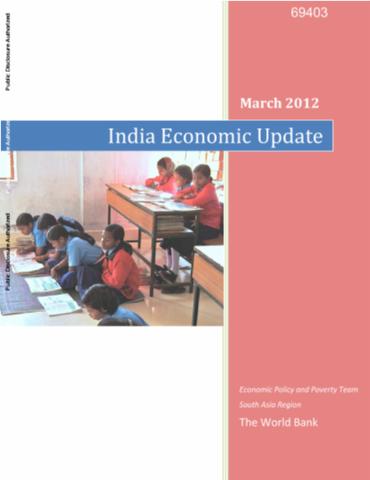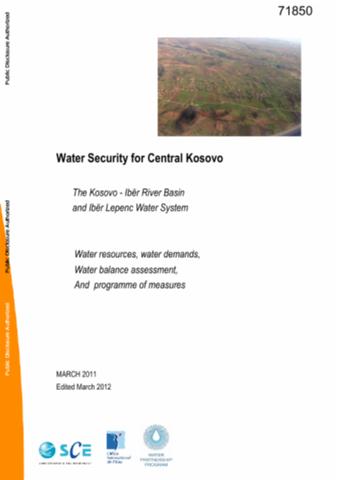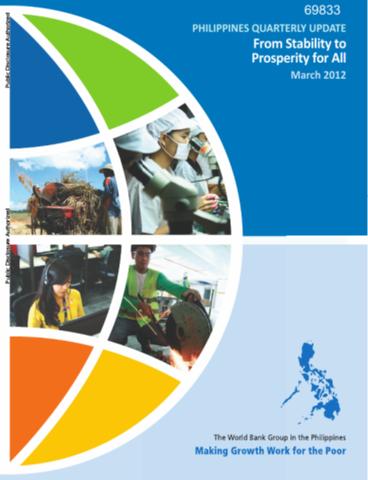The World Bank is a vital source of financial and technical assistance to developing countries around the world. We are not a bank in the ordinary sense but a unique partnership to reduce poverty and support development. The World Bank Group has two ambitious goals: End extreme poverty within a generation and boost shared prosperity.
- To end extreme poverty, the Bank's goal is to decrease the percentage of people living on less than $1.25 a day to no more than 3% by 2030.
- To promote shared prosperity, the goal is to promote income growth of the bottom 40% of the population in each country.
The World Bank Group comprises five institutions managed by their member countries.
The World Bank Group and Land: Working to protect the rights of existing land users and to help secure benefits for smallholder farmers
The World Bank (IBRD and IDA) interacts primarily with governments to increase agricultural productivity, strengthen land tenure policies and improve land governance. More than 90% of the World Bank’s agriculture portfolio focuses on the productivity and access to markets by small holder farmers. Ten percent of our projects focus on the governance of land tenure.
Similarly, investments by the International Finance Corporation (IFC), the World Bank Group’s private sector arm, including those in larger scale enterprises, overwhelmingly support smallholder farmers through improved access to finance, inputs and markets, and as direct suppliers. IFC invests in environmentally and socially sustainable private enterprises in all parts of the value chain (inputs such as irrigation and fertilizers, primary production, processing, transport and storage, traders, and risk management facilities including weather/crop insurance, warehouse financing, etc
For more information, visit the World Bank Group and land and food security (https://www.worldbank.org/en/topic/agriculture/brief/land-and-food-security1
Resources
Displaying 4021 - 4025 of 4907Confrontos entre Produtores, camponeses e investidores na Zambézia, norte de Moçambique, no contexto de pressões relativas ao lucro em investidores europeus
Investidores agrícolas estrangeiros estão em conflitos com camponeses locais em Moçambique, num confronto sobre modelos agrícolas e desenvolvimento. Investidores estrangeiros de olho em terra aparentemente vaga, prometem lucros elevados (muitas vezes inflacionados) a investidores e parceiros locais. Alguns esperam capitalizar com créditos de carbono ou produzir biocombustíveis e alegam ser investimentos “verdes” (ecológicos). Todos prometem empregos, escolas e desenvolvimento local.
Climate Change, Disaster Risk, and the Urban Poor : Cities Building Resilience for a Changing World
Poor people living in slums are at
particularly high risk from the impacts of climate change
and natural hazards. They live on the most vulnerable land
within cities, typically areas deemed undesirable by others
and thus affordable. This study analyzes the key challenges
facing the urban poor, given the risks associated with
climate change and disasters, particularly with regard to
the delivery of basic services, and identifies strategies
India Economic Update, March 2012
In 2011, India's economic growth has slowed to below 7 percent and the stock markets mirrored the weakening economic conditions, but recovered somewhat in early 2012. Industrial sector output growth briefly slipped into negative territory. On the demand side, fixed investment and consumption growth slowed. India's exports were growing very strongly through 2011 despite the worsening economic conditions in Europe, which continued to be India's most important export market.
Water Security for Central Kosovo
Kosovo is a small and young state that gained an interim United Nations (UN)-administered status in the wake of the Dayton peace accord only in 1999; it declared independence in 2008. Compared to neighboring countries, it is still lacking in its basic infrastructure and its administrative and technical skills. In addition, with the onset of the War in Yugoslavia in 1992 most investment and normal maintenance came to a standstill.
Philippines Quarterly Update, March 2012
The Philippine economy grew slower than expected at 3.7 percent in 2011, held back by weak public spending and external demand. In the fourth quarter (Q4), growth slightly improved at 3.7 percent. As in past quarters, growth was driven by remittance-fueled household consumption, which grew by 6.7 percent. The government's disbursement acceleration plan was partially successful and contributed 1.3 percentage points (ppt) to gross domestic product, or GDP growth in Q4, up from 0.3 ppt in Q3, but this was not enough to push growth up to the targeted level of around five percent.










